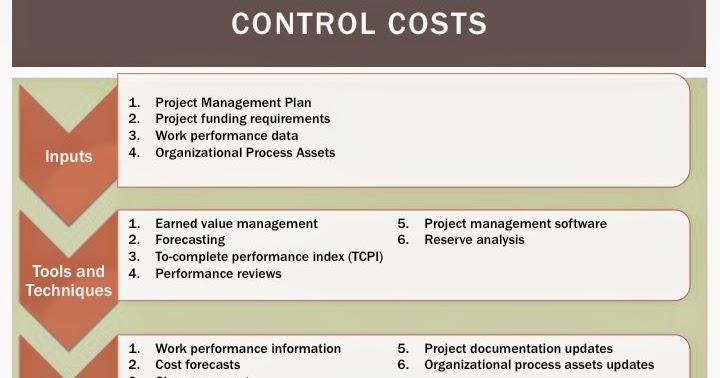Physical Address
304 North Cardinal St.
Dorchester Center, MA 02124
Physical Address
304 North Cardinal St.
Dorchester Center, MA 02124

Efficient resource allocation is crucial for project success. By implementing strategic planning and prioritization, organizations can enhance productivity, reduce waste, and ensure that teams have the necessary tools to achieve their objectives effectively.

Post-project evaluations are essential for continuous improvement. They provide insights into performance, uncover lessons learned, and identify best practices. By systematically assessing outcomes, organizations can enhance future project success and drive strategic growth.

Effective project management hinges on clear communication and robust planning. Prioritize tasks, set realistic timelines, and conduct regular progress reviews. Utilize project management tools to streamline collaboration, ensuring teams stay aligned and deadlines are met.

Mastering project performance reviews is essential for driving success and accountability. This step-by-step guide provides actionable insights on setting objectives, gathering data, and fostering constructive feedback, ensuring that your projects achieve optimal outcomes.

Developing high-performing project teams requires clear communication, defined roles, and effective conflict resolution strategies. Emphasizing collaboration and continuous feedback fosters a culture of trust and accountability, driving project success.

A well-crafted project charter is vital for project success. Begin by clearly defining project goals, stakeholders, and scope. Include a timeline and budget estimates. Ensure alignment with organizational objectives to foster stakeholder commitment and accountability.

Mastering project management requires clear visualization of tasks and timelines. Gantt charts serve as essential tools, providing a comprehensive overview of project progress, resource allocation, and dependencies, ultimately driving efficiency and success.

Mastering Lean Project Management involves adopting essential principles that prioritize efficiency and value. By eliminating waste and focusing on continuous improvement, organizations can optimize workflows, enhance productivity, and drive sustainable growth.

Effective project risk management is crucial for success. Key strategies include identifying potential risks early, employing risk assessment tools, fostering open communication, and establishing contingency plans to mitigate impacts efficiently.

In an increasingly digital landscape, remote project management presents unique challenges. To navigate these effectively, establish clear communication protocols, utilize collaborative tools, and foster a strong team culture to ensure alignment and productivity.